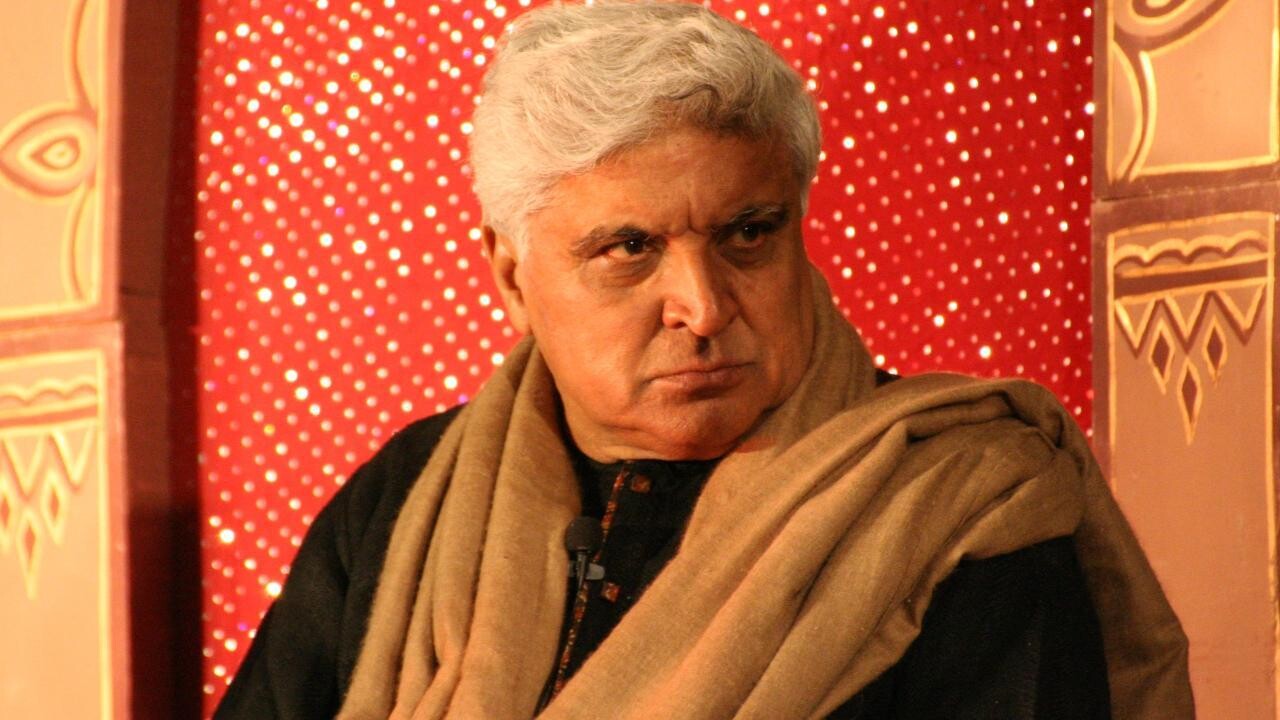
Amid the glitz and fervor surrounding the release of one of 2023’s major Indian cinematic ventures, “Animal,” directed by Sandeep Reddy Vanga and headlined by Ranbir Kapoor, the film’s thunderous success has stirred diverse reactions. Earning an astounding near Rs 900 crore globally, the movie has ascended to blockbuster status. However, the success is not without its critics. Celebrated screenwriter, lyricist, and poet Javed Akhtar recently voiced his apprehensions regarding the film’s triumph and the potential repercussions it bears on society.
During his speech at the distinguished 9th Ajanta-Ellora International Film Festival held in Chhatrapati Sambhajinagar, Akhtar delved into the complex role of modern cinema and its creators. He opined that the depiction of heroes in films necessitates a conscientious approach, reflective of moral correctness and societal responsibility. Akhtar alluded to a time in cinematic history when narratives were clear-cut with virtuous impoverished protagonists and malevolent affluents. This dichotomy has seemingly dissolved in contemporary society’s pursuit of wealth, as echoed in the popular Indian television game show slogan “Kaun Banega Crorepati?” (Who wants to be a millionaire?).
Akhtar underscored his concerns by mentioning a specific scene from “Animal” involving the characters played by Ranbir Kapoor and Triptii Dimri, where derogatory treatment towards women is depicted. To Akhtar, the commercial success of such films that portray troubling behavior is a perilous trend. He stresses that this success articulates a societal sanction of such content, which he finds alarming.
The responsibility, as Akhtar sees it, has now shifted towards the audience. In an era ripe with varied content, he suggests that it is the prerogative of the viewers to discern and elect the kind of cinema they wish to support. While acknowledging the existence of filmmakers who are dedicated to crafting commendable movies, he laments that they are in scant numbers. The longevity and future of meaningful cinema, he believes, are contingent upon the level and duration of audience support it receives.
“Animal” features an ensemble cast including Anil Kapoor and Rashmika Mandanna and has been the center of conversation not only for its box office haul but also for its narrative and dialogues. Anticipation for the film was sustained since its announcement, leading up to its release on December 1, 2023.
Akhtar’s remarks open up a broader discourse on the impact of cinematic representation on societal values and the onus on filmmakers and audiences in shaping the moral fiber of society. While cinema has long been celebrated as a mirror reflecting societal norms and changes, the debate continues on whether it should also serve as a compass, pointing towards moral and ethical north.
With “Animal,” the Indian audience is once again at a cultural crossroads, balancing entertainment with the influence of its content on a diverse viewership. While the commercial success of a film often dominates headlines, Akhtar’s critique serves as a sobering reminder that the ramifications of popular cinema extend far beyond box office figures, permeating collective consciousness and societal norms.
As the Indian film industry continues to evolve and reach global audiences, the conversation prompted by Javed Akhtar is a testament to the enduring power of film and the responsibilities that accompany creative expression in charting the course of cultural development.










